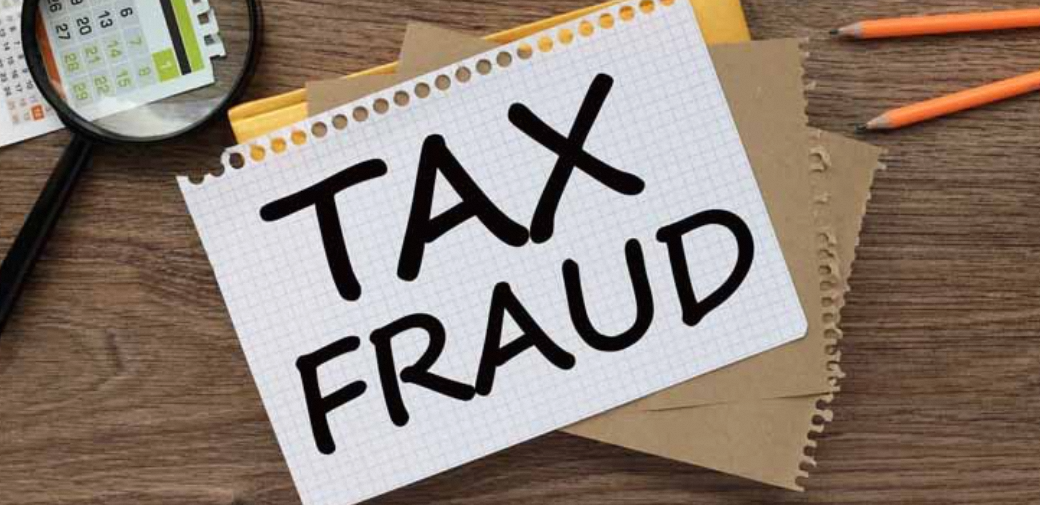
Senate Committee Rejects Proposal of Ten-Year Jail Term for Tax Fraud
The Senate Standing Committee on Finance and Revenue has recently rejected a government-backed proposal that sought to impose a ten-year jail term for individuals involved in tax fraud. The decision came after thorough deliberations and significant pushback from various stakeholders, who argued that the proposed penalties were excessively harsh and could potentially deter investment and economic activity. This development is critical in the broader context of Pakistan’s ongoing efforts to enhance tax compliance and improve revenue collection.
Background of the Proposal
The ten-year jail term proposal was introduced as part of the Finance Bill 2025, which includes a series of tax reforms aimed at broadening the tax base and curbing tax evasion. The proposed amendment to the Income Tax Ordinance sought to increase the punishment for deliberate tax fraud and misrepresentation. It was believed that stringent penalties would act as a deterrent to potential offenders and send a strong signal about the government’s commitment to tax discipline.
The Federal Board of Revenue (FBR), the country’s apex tax authority, had argued in favor of the amendment, asserting that tougher laws were necessary to counter the growing trend of tax evasion. FBR officials cited international examples where similar punitive measures have been implemented with success. However, critics contended that the enforcement environment in Pakistan lacks the safeguards necessary to ensure that such laws would be applied fairly and judiciously.
Committee’s Rationale for Rejection
The Senate Committee, headed by Senator Saleem Mandviwalla, expressed serious reservations about the proposed jail term. Members emphasized the need for proportionality in punishment, arguing that a ten-year sentence for tax fraud would be disproportionate and could be misused. Concerns were raised over the potential for such laws to be weaponized for political or bureaucratic purposes.
The committee pointed out that the existing legal framework already provides for significant penalties for tax evasion, including fines, imprisonment, and asset confiscation. Strengthening enforcement mechanisms and addressing administrative loopholes, the members suggested, would be a more effective and just strategy than introducing draconian punishments.
In addition, the committee argued that criminalizing economic offences to such an extreme degree could backfire by undermining business confidence. Business associations and chambers of commerce had also voiced their opposition to the proposal, warning that it could stifle entrepreneurship and discourage foreign investment.
Stakeholder Responses: Committee
The rejection of the proposal has been welcomed by various segments of the business community. The Pakistan Business Council and several regional chambers had lobbied against the bill, highlighting the risks it posed to investor sentiment. Many professionals in the tax and legal sectors also lauded the decision, saying that while tax evasion must be curbed, the approach must be measured and in line with international best practices.
However, some voices within civil society and among fiscal policy experts expressed disappointment, viewing the rejection as a missed opportunity to enforce stricter compliance. They argue that leniency has historically contributed to a culture of impunity regarding financial crimes in Pakistan. These analysts stressed the importance of deterrence in improving tax collection and closing the budget deficit.
Implications for Tax Policy: Committee
The rejection of the ten-year jail term signals a shift in the legislative approach toward more balanced tax policy. It suggests a preference for reform through administrative improvements and rationalized penalties rather than severe punitive measures. It also underscores the influence of political oversight in shaping economic legislation, especially in areas where public trust and business climate are at stake.
The development may prompt the FBR to revisit its strategy, focusing more on automation, data analytics, and taxpayer education rather than relying solely on punitive legislation. In the long term, sustainable tax reforms are likely to emerge from consensus-building among stakeholders and a more transparent, efficient tax system.







